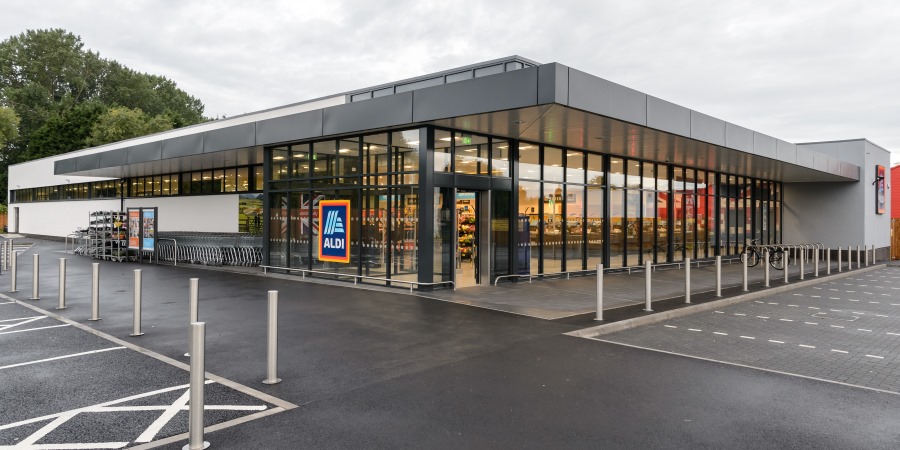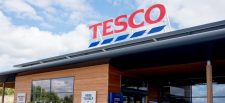Aldi, is to extend a trial removing plastic from some fresh vegetables as part of its campaign to cut packaging.
The supermarket began selling five loose fresh produce lines without plastic wrapping in Scotland earlier this year.
It is estimated that the move, if rolled out across all its 830 UK stores, would avoid the use of more than 100 tonnes of plastic a year without increasing food waste.
The trial – which applied to loose savoy cabbage, red cabbage, white cabbage, pointed cabbage and cauliflower – has already saved more than three tonnes of plastic.
Aldi is now planning to extend the trial into England and will begin selling plastic-free cabbages and cauliflower in parts of the North East and South East from early next month. If successful, it plans to roll out the plastic-free produce lines to all stores before the end of the year.
Meanwhile, the supermarket has also completed the removal of all non-recyclable black plastic from its core range of fresh fruit and vegetables.
This move, which began last August, will cut or replace more than 300 tonnes of black plastic a year with clear, recyclable alternatives and is part of the supermarket’s target to remove all difficult-to-recycle packaging from its food range by the end of next year. Black plastic is not recyclable in the UK because it cannot be detected by the sorting systems used for recycling plastic.
Fritz Walleczek, managing director of Corporate Responsibility at Aldi UK and Ireland, said: “The trial of so-called ‘naked’ vegetables has had a very positive reception in Scotland and, as a result, we’re now looking to extend this trial into two of our regions in England.
“Cutting waste is at the heart of what we do. Where we can, our aim is to remove unnecessary plastic entirely without leading to unnecessary food waste. Where we can’t do that, we are committed to ensuring that packaging doesn’t end up as waste by ensuring that all ours is recyclable, reusable or compostable.
“It is initiatives like this that will help us achieve this goal and is a measure of our determination to be as sustainable and environmentally responsible a business as possible.”
The latest initiatives form part of the supermarket’s work to meet its plastic and packaging pledges, which among other things aim to remove all hard-to-recycle plastics such as PVC and expanded polystyrene from its food range by the end of 2020.
Other pledges include ensuring all own-label packaging will be recyclable, reusable or compostable by 2022 and reducing plastic packaging by 25% by the end of 2023.









